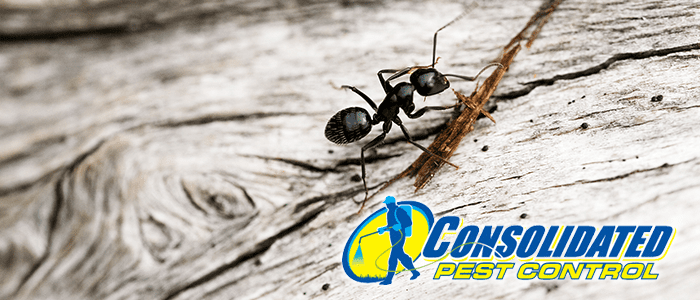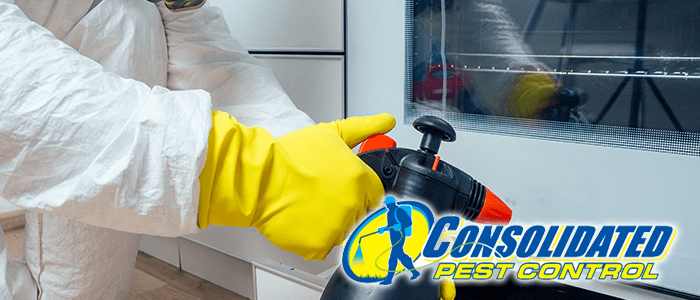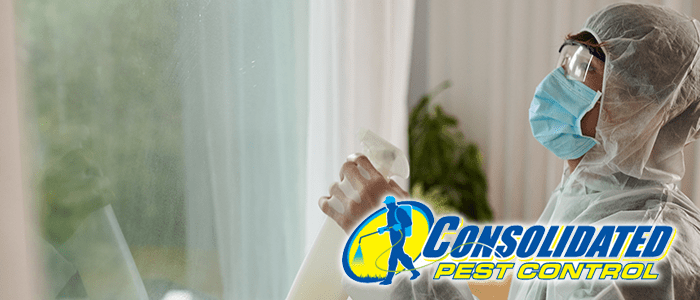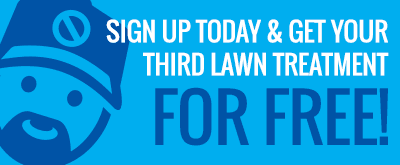Wasps are primarily an outdoor pest but can prove to be a health hazard, nevertheless. The insects tend to be aggressive and can sting not once but multiple times if agitated. Sometimes a wasp will leave its sting lodged in your skin, complicating wound healing. Some people can have allergic reactions to wasp stings, as well.
The best way to prevent the health effects of a wasp sting is to avoid getting stung, altogether. When outdoors, employ some situational awareness, and avoid areas where wasps nest. Avoid using perfumes or other scents that tend to attract wasps. Consider using an insect repellant product. If a wasp lands on you, do not swat at it or otherwise agitate it. Wait for it to fly away.
If you are stung, leave the immediate area, and do not disturb the wasp. This will help you avoid repeated stings.
If you have a stinger embedded in your skin, try removing it with a sterilized dull knife or tweezers.
Treat the wound with soap and water. Baking soda dissolved in water will help draw out the wasp venom. A cold compress will help to alleviate the pain and itchiness. Do not scratch, as that will rub bacteria into the wound, causing an infection.
If you get an allergic reaction to the wasp sting, use your epinephrine, and then seek medical assistance as soon as possible.
If you find wasp nests in your yard, the best way to avoid the health hazard that the insects pose is to call in a professional to remove the infestation.
For more information contact us.








